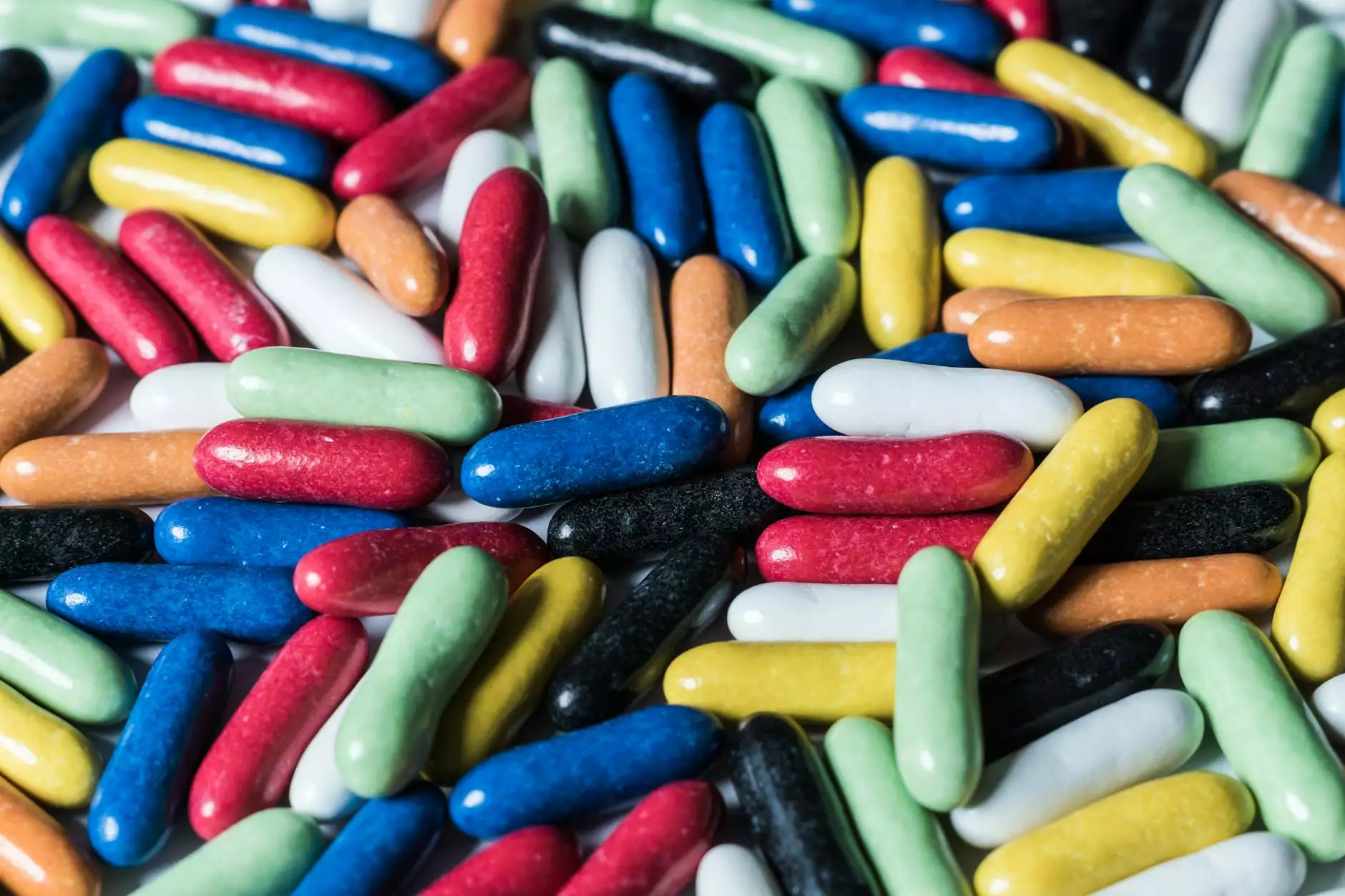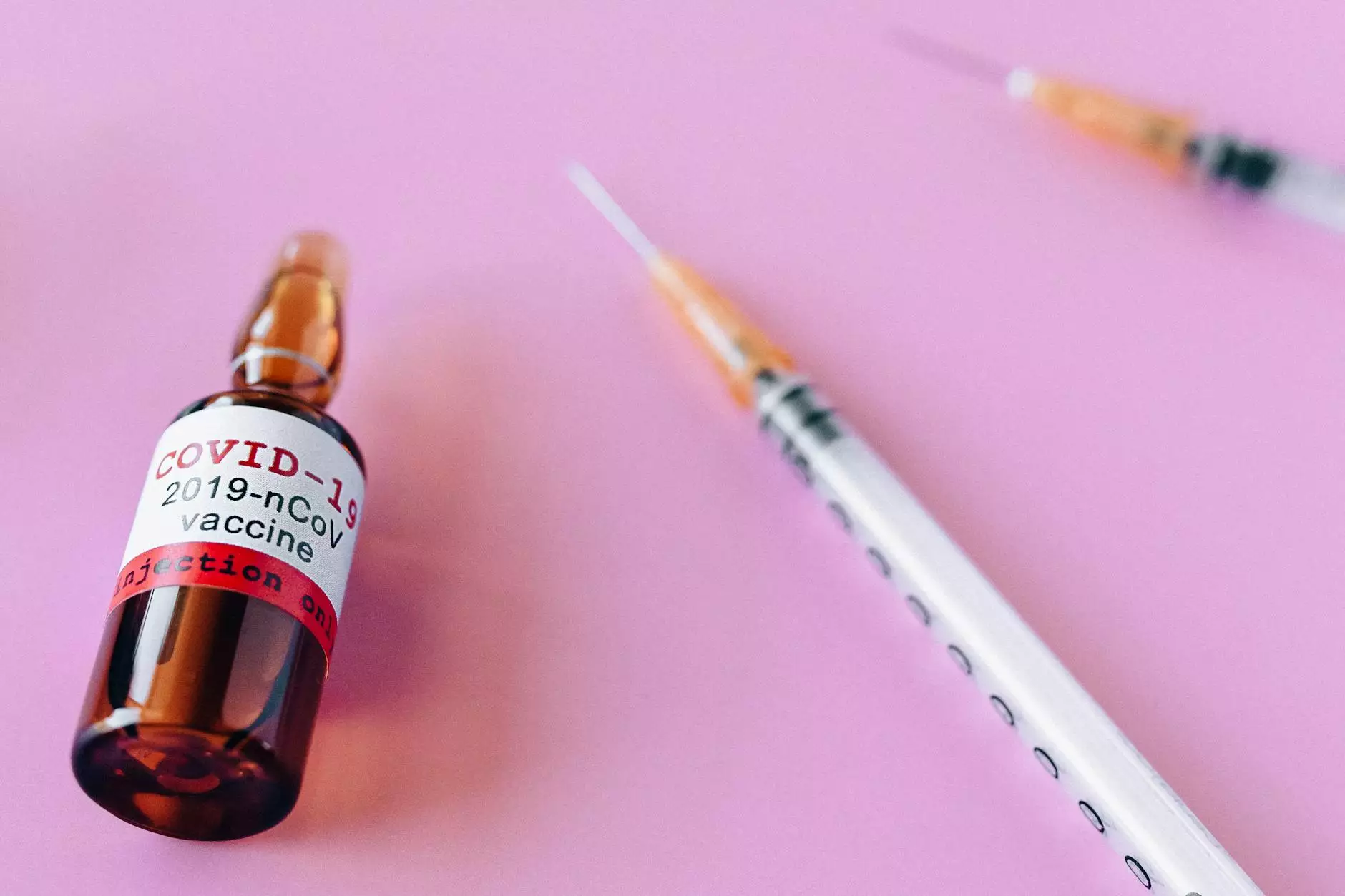Low Testosterone and Erectile Dysfunction
Health
The Relationship between Testosterone and Erectile Dysfunction
Erectile dysfunction (ED) is a common condition that affects millions of men worldwide. It refers to the inability to achieve or maintain an erection sufficient for sexual intercourse. While there are several causes of ED, one potential factor is low testosterone levels.
Understanding Testosterone
Testosterone is a hormone primarily produced in the testicles. It plays a crucial role in numerous bodily functions, including sexual development, muscle mass, bone density, and mood regulation. As men age, testosterone levels naturally decline, which can lead to various health issues, including ED.
The Impact of Low Testosterone on Erectile Function
Low testosterone can have a direct impact on erectile function. Testosterone helps stimulate the production of nitric oxide, a molecule that plays a pivotal role in achieving and maintaining an erection. Nitric oxide relaxes the smooth muscles in the penis, allowing increased blood flow necessary for an erection. When testosterone levels are inadequate, the production of nitric oxide may be diminished, leading to difficulties in achieving or sustaining an erection.
Signs and Symptoms of Low Testosterone
Low testosterone can manifest in various signs and symptoms, including:
- Decreased libido
- Fatigue and decreased energy levels
- Decreased muscle mass
- Increased body fat
- Mood swings or irritability
- Depression
Diagnosing Low Testosterone
If you suspect you have low testosterone, it is essential to consult with a healthcare professional who specializes in men's health, such as the experts at CHI St. Luke’s Health - Performance Medicine. They will conduct a thorough evaluation, including a physical examination and blood tests, to determine your testosterone levels.
Treatment Options
At CHI St. Luke’s Health - Performance Medicine, we offer a range of customized treatment options to address low testosterone and its potential impact on erectile function. Our experienced team will develop an individualized treatment plan tailored to your specific needs. Options may include:
- Testosterone replacement therapy: This involves replacing testosterone through injections, gels, patches, or pellets, to restore levels to a healthy range.
- Lifestyle modifications: Making changes to your diet, exercise routine, and sleep patterns can help improve testosterone levels.
- Stress management techniques: Stress can negatively affect hormones, including testosterone. Practicing stress-reduction techniques, such as meditation or counseling, may help improve symptoms.
- Medication: In some cases, medication may be prescribed to address underlying conditions contributing to low testosterone or erectile dysfunction.
Why Choose CHI St. Luke’s Health - Performance Medicine?
CHI St. Luke’s Health - Performance Medicine is a leading provider of comprehensive men's health services. Our team of highly skilled professionals specializes in diagnosing and treating hormonal imbalances, including low testosterone. We take a patient-centered approach, focusing on personalized care and ensuring your unique needs are met.
Contact Us Today
If you're experiencing symptoms of low testosterone or erectile dysfunction, CHI St. Luke’s Health - Performance Medicine is here to help. Take the first step toward a healthier you by scheduling a consultation today. Our team will work with you to develop a tailored treatment plan to address your concerns and improve your overall well-being.










